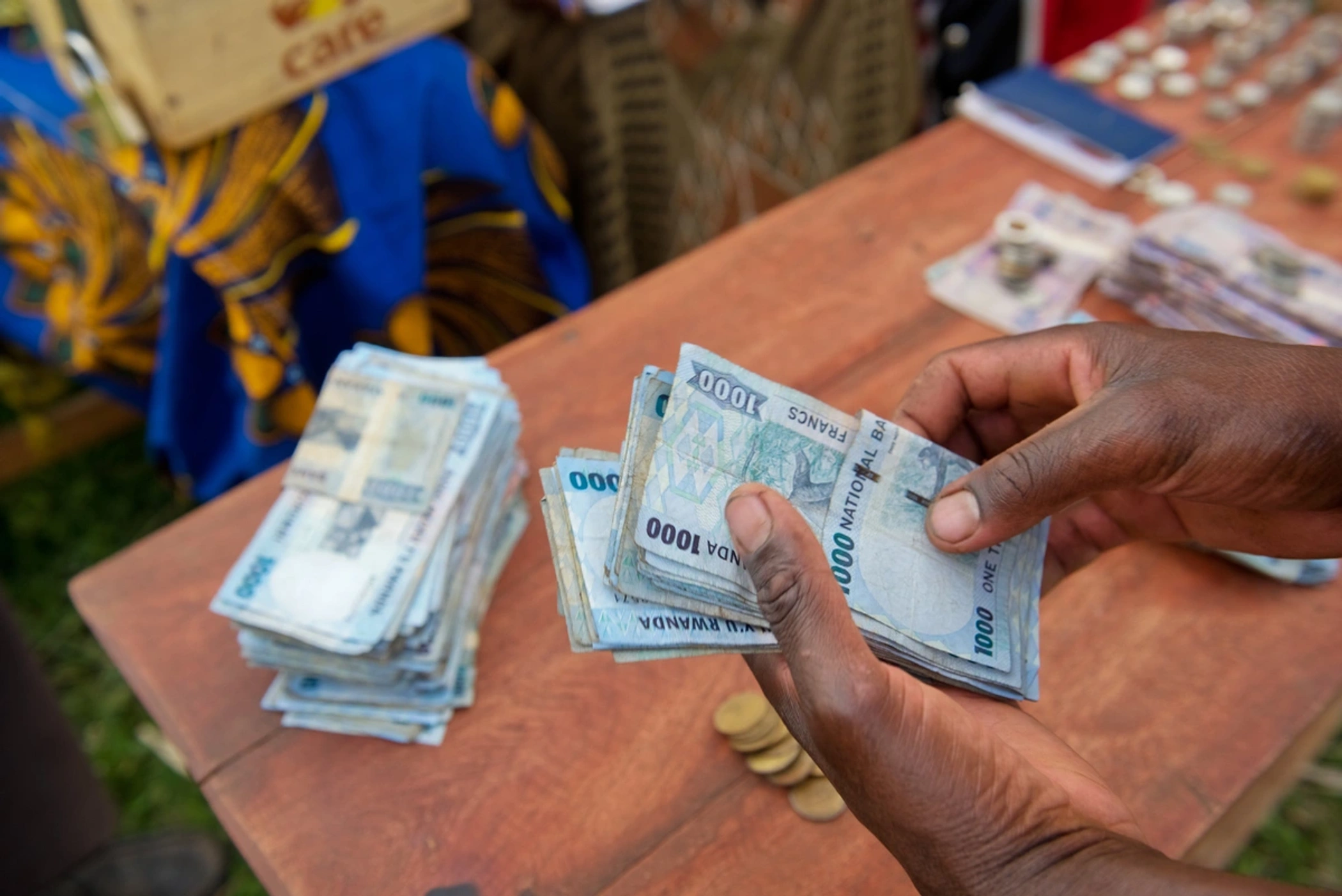Overview
Rwanda’s digital transformation is rewriting the future of finance.
With 96% of its adults now financially included, up from 93% in 2020, Rwanda has become one of Africa’s most remarkable financial inclusion success stories. Yet the country isn’t stopping at access. It is laying the groundwork for a broader vision: Inclusive Finance, powered by Open Finance principles.
While Rwanda does not yet have formal Open Banking regulations in place, recent developments, including the National Bank of Rwanda’s (BNR) Open Finance Feasibility Study, suggest the nation is preparing carefully and strategically for the next phase of innovation.
The BNR is now pursuing Open Finance under a clearly phased, multi-year roadmap outlined in its 2024 Position Paper on Open Finance.

2024–2026 – Capacity building, voluntary data sharing, development of key guidelines (API standards, data sharing, consent, liability/recourse).
2026–2028 – Possible shift to a mandatory regime for Tier 1 banks & mobile money operators, or continuation of a voluntary regime with active government oversight.
2028–2029 – Expansion to all regulated financial institutions and TPPs with data controller/processor certification.
2029–2030 – Introduction of a TPP licensing framework and possibly a central API platform for nationwide data sharing.
Governance:
The BNR will lead implementation, co-chaired by the Capital Markets Authority (CMA) and the Ministry of ICT. An Open Finance Forum will be created, with a Steering Committee (CEOs/MDs) and Technical Committee (Heads of IT).
Starts with low-sensitivity data (e.g., product info) and gradually moves to sensitive consumer account data for advanced use cases like alternative credit scoring, account aggregation, and tailored financial products.
BNR’s 2024 study found that Rwanda’s financial ecosystem, powered by mobile operators, microfinance institutions, and banks, is ripe for Open Finance adoption. While smartphone penetration and data-sharing culture still need strengthening, consumer willingness and regulatory support are strong.
Rwanda enacted its Data Protection and Privacy Law in 2021, reinforcing citizens’ control over their personal information. This is critical for any Open Finance ecosystem to thrive, ensuring data sharing is always based on consumer consent.
National Bank of Rwanda (BNR)
The BNR is the primary driver of Open Finance exploration. It regulates financial services, champions consumer protection, and is actively studying frameworks to balance innovation with security. BNR’s leadership will be crucial for setting standards, enforcing data-sharing practices, and building industry-wide trust.
Traditional Banks
Banks like Bank of Kigali (BK) and I&M Bank Rwanda are increasingly adopting digital services, but open APIs are not yet widespread. Their engagement will be critical in broadening Open Finance adoption.
Mobile Money Providers
MTN Mobile Money and Airtel Money dominate Rwanda’s mobile transaction space. Their participation will be key to connecting rural and underserved populations to Open Finance benefits.
Fintech Companies
Rwanda’s emerging fintech sector, specializing in payments, lending, and digital wallets, stands to gain the most from Open Finance, driving new innovations once data-sharing becomes mainstream.
Consumers
Willingness among Rwandan consumers to share financial data (with consent and transparency) is high, particularly for use cases like account aggregation and alternative credit scoring.
Rwanda’s approach to Open Finance is thoughtful and ambitious.
Rather than rushing into regulation, the country is laying strong legal and technical foundations, driven by an emphasis on trust, innovation, and financial empowerment. The country’s implementation plan spans accross 6 years, aiming for full ecosystem maturity by 2030.
Rwanda is one of the more structured African markets in terms of documented Open Finance plans, but real adoption will hinge on execution in Phase 2. If BNR, fintechs, banks, and mobile operators continue to collaborate, Rwanda is poised to become a leader in Africa’s Open Finance revolution.
Open Banking Nigeria (Open Technology Foundation) is a non-profit backed by a group of industry experts across banking, fintech, risk management, and more to drive and launch the open banking standard in Nigeria.